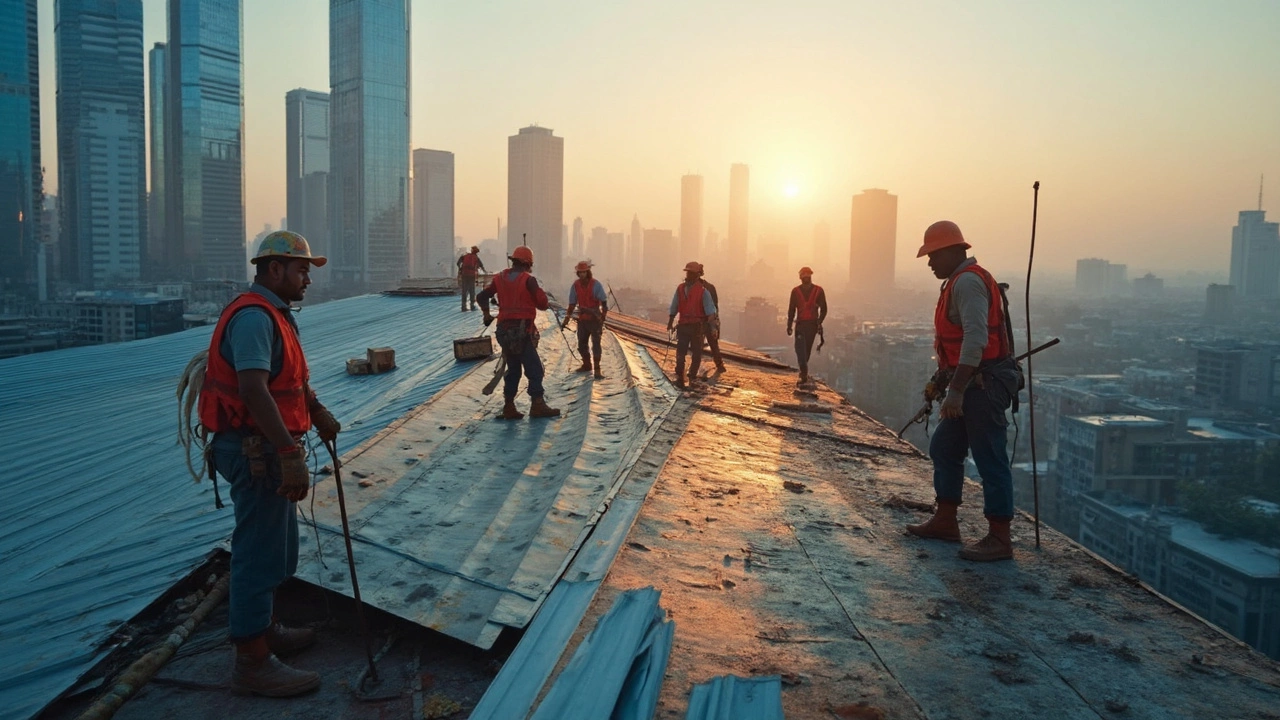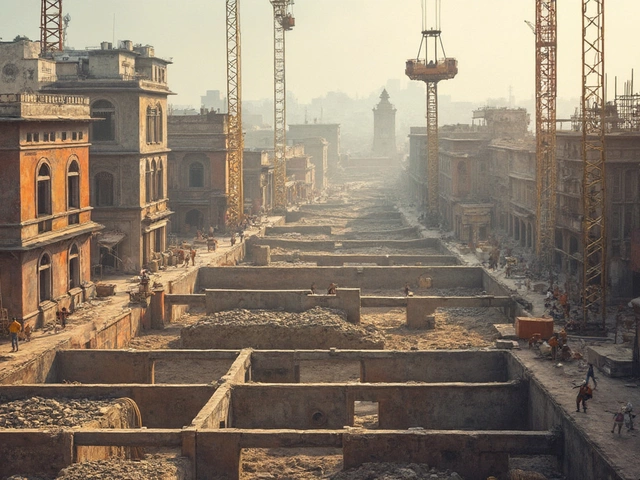Roofers: What They Do, Why You Need One, and How They Connect to Your Home’s Safety
When you think of a roofer, a skilled tradesperson who installs, repairs, and inspects roofing systems on homes and buildings. Also known as roofing contractor, it’s not just someone who climbs ladders and nails down shingles. A roofer is the first line of defense against water damage, structural decay, and costly interior repairs. Most homeowners only notice roofers when something goes wrong—a leak, missing shingles, or a storm aftermath. But the best roofers prevent problems before they start.
A good roof inspection, a detailed assessment of a roof’s condition to identify wear, damage, or code violations can catch small issues before they become major expenses. That’s why calling a roofer isn’t just about fixing a leak—it’s about protecting your entire home. Roofs connect directly to your attic, walls, and even your foundation. Water that gets past a damaged roof can rot framing, warp floors, and trigger mold. It can even affect your home’s value. A roof replacement, the complete removal and rebuilding of a roof system might seem expensive, but it’s often cheaper than fixing the damage left behind by years of neglect.
Roofers also work closely with building codes and materials used in modern construction. Whether it’s installing metal roofs on new builds or repairing asphalt shingles on older homes, they need to understand what’s allowed, what’s safe, and what lasts. They know how to handle ventilation, underlayment, flashing, and ice dams—details most homeowners never think about. And if you’ve ever wondered why some roof repairs cost so much, it’s often because the damage went unnoticed too long. A roofing services, a range of professional tasks including repair, replacement, maintenance, and inspection of roofing systems isn’t a luxury—it’s a necessity tied to your home’s integrity.
Think about this: if your foundation is failing, you call a specialist. If your electrical system is outdated, you hire an electrician. So why wait until your roof is leaking before you call a roofer? The truth is, roofs wear out quietly. A few missing shingles here, a rusted nail there—it adds up. And insurance won’t always cover it if you didn’t maintain the roof properly. That’s why regular check-ups matter. Roofers can spot problems you’d miss, like granule loss, sagging areas, or improper flashing around chimneys.
And here’s something most people don’t realize—roofers often work alongside other trades. If you’re doing a bathroom remodel or adding a new room, your roofer might need to coordinate with framers, insulation installers, or even plumbers running pipes through the attic. They’re part of a bigger system. A poorly installed roof can mess up your entire project. That’s why it’s not just about shingles—it’s about how everything fits together.
Below, you’ll find real guides on when to call a roofer, what signs to watch for, how warranties work, and why skipping inspections can cost you thousands. These aren’t theory pieces—they’re based on what roofers actually see in the field, what homeowners regret, and what builders recommend. Whether you’re dealing with a leaky roof or just planning ahead, this collection gives you the facts you need to make smart, safe decisions.





